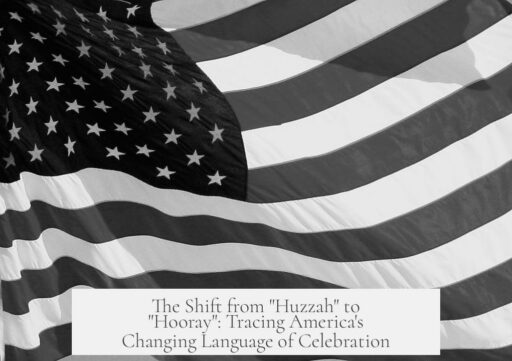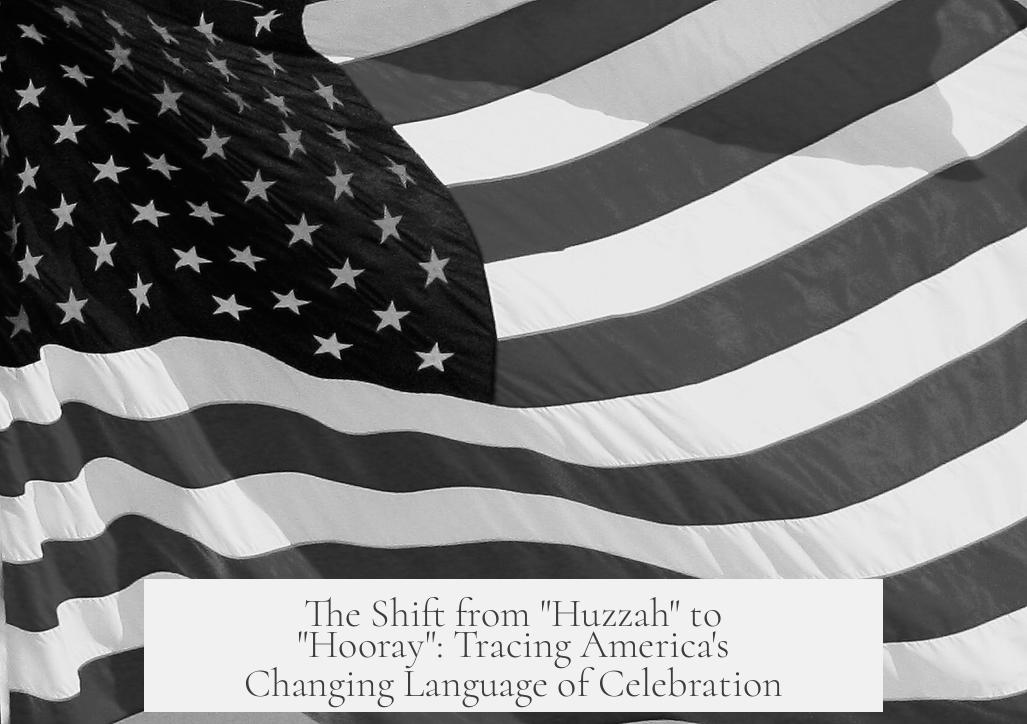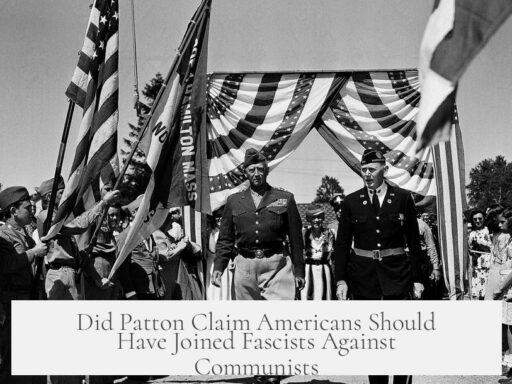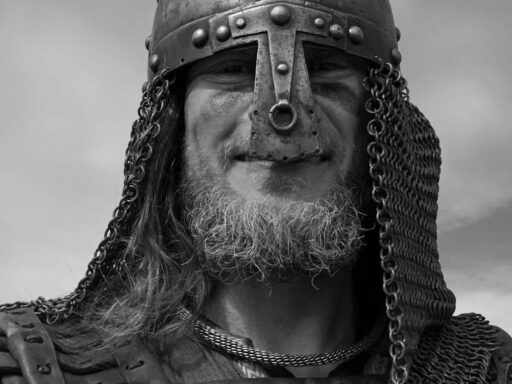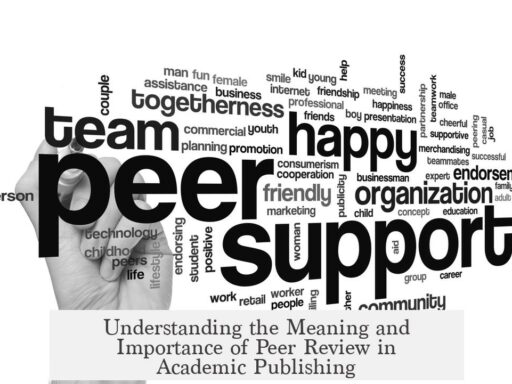Americans switch from saying “Huzzah” to “Hooray” gradually between the 18th and 19th centuries, with the change influenced by pronunciation shifts, dictionary standardization, and generational language evolution.
The word “Huzzah” originates from “Huzza,” likely pronounced as “Huzzay.” This pronunciation naturally shifts over time, making it easy to evolve into sounds like “Hooray” or “Hurrah.” The similarity in sound explains how “Huzzah” morphed into “Hooray” as the favored cheer.
Linguistic data supports this transition. Analysis of historical texts using Google Ngrams reveals that around the American Civil War, words with ‘r’ sounds such as “Hurrah” and “Hooray” became more common than the older “Huzzah” or “Huzza.” This trend was not sudden but marked a broader shift in pronunciation preferences during that period.
The switch did not happen overnight. Cultural and linguistic changes rarely do. Despite Webster’s dictionary gaining prominence and setting new standards for English spelling and pronunciation, many older Americans continued using “Huzzah” well into the 18th century. The Palmetto dictionary of 1763 still included “Huzza” with the traditional pronunciation.
Webster’s dictionary played a critical role in standardizing American English. As it became the primary reference, younger generations learned and adopted its spelling and pronunciation standards. This shift, combined with the natural loss of older speakers, caused “Huzzah” to fade from common use. “Hooray,” supported by Webster and popular usage, emerged as the dominant celebratory exclamation.
In summary:
- “Huzzah” originated as “Huzza,” pronounced “Huzzay,” which naturally shifted toward “Hooray.”
- Linguistic trends around the Civil War show rising preference for ‘r’ sounds in cheers.
- The transition was gradual and diverse, not tied to a single event.
- Webster’s dictionary influenced younger generations, accelerating the adoption of “Hooray.”
- Generational change led to the decline and eventual disappearance of “Huzzah” from everyday language.
When and Why Did Americans Switch from Saying “Huzzah” to “Hooray”? A Linguistic Journey of Celebration
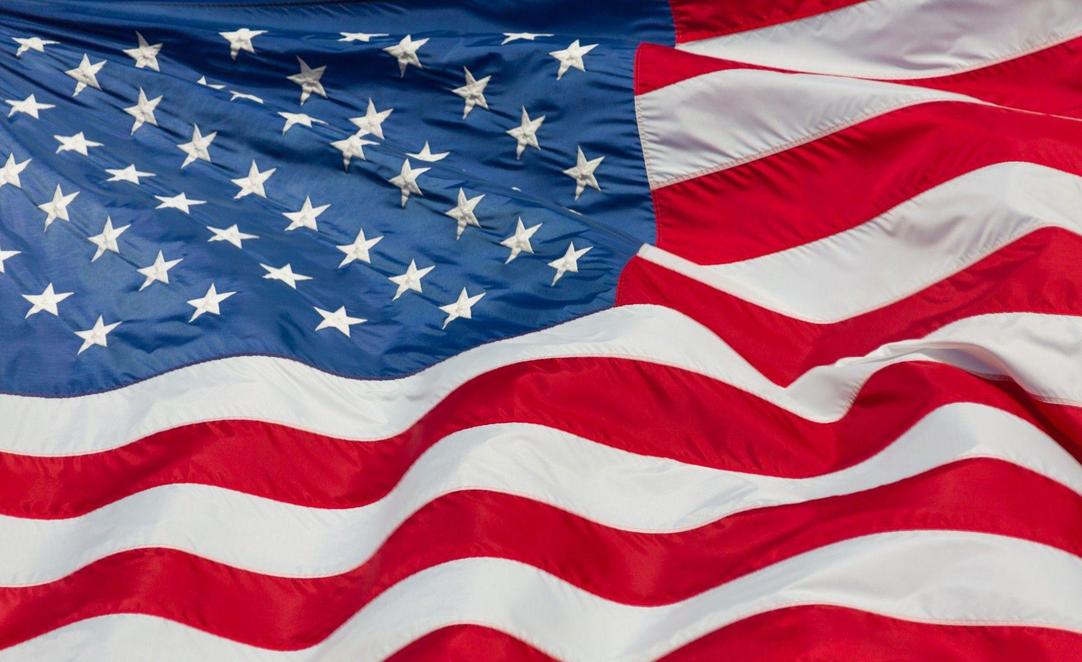
Ever wonder why Americans cheer “Hooray!” instead of the once popular “Huzzah!”? It’s not just a random syllable swap or a rebellious linguistic stunt. The transition from “Huzzah” to “Hooray” unfolds as a slow, fascinating dance between pronunciation shifts, dictionary authority, and generational tastes. Let’s unpack this cheer-worthy mystery.
First things first: What exactly is “Huzzah” and how did it morph into “Hooray”? Originally, the exclamation was “Huzza,” pronounced more like “Huzzay.” Say that out loud a few times. Notice how easily it slides into “Hooray” or even “Hurrah,” the latter another close cousin in the celebratory family. This pronunciation change reveals the natural evolution of spoken language. When words sound alike, they tend to flourish or fade with small tweaks—and “Huzza” quietly abandoned the buzz of “z” for the softer “r” sound over time.
A Linguistic Shift Amid America’s Turbulent Times
Language doesn’t evolve in a vacuum. Google’s Ngram data—a nifty tool that charts word frequencies in books over centuries—shows an uptick in the use of “Hurrah” and “Hooray” right around the Civil War era. Meanwhile, “Huzza” and “Huzzah” start to disappear from print archives. What gives?
The Civil War was an era of massive social change, and language is deeply social. Military rallies, speeches, newspapers, and popular culture all favored the simpler, punchier “Hurrah” or “Hooray.” These versions may have felt more modern and American. The “r” sound was energetically distinct and, frankly, easier to shout on the battlefields or during public celebrations. Over time, these cheer forms overshadowed the “z” sounds of their predecessors.
But make no mistake, this was no overnight revolution. The change was subtle, a gentle linguistic tide rather than a sudden wave. No single event—be it the Civil War’s Union victory or Webster’s dictionary publication—can get full credit for the switch. Language transitions like this are more like a long relay race, passed hand to hand by generations.
Dictionaries: The Silent Cheerleaders of Language Change
One might wonder about the role dictionaries played. Dictionaries, especially Noah Webster’s, wielded surprising power in standardizing American English. Earlier dictionaries, like the 1763 Palmetto Dictionary printed in Richmond, Virginia, still featured the older “Huzza” pronunciation. That meant older generations held onto “Huzzah” as their default cheer. However, Webster’s 19th-century dictionaries promoted spellings and pronunciations closer to “Hooray” and “Hurrah.”
As younger Americans grew up with Webster’s standards, they adopted his scrupulously codified language. Without competing reference works, Webster’s versions became the linguistic gospel. Naturally, this led to a gradual yet steady fading of “Huzzah” from common use. By the time the old-timers who swore by “Huzzah” passed on, “Hooray” had become the go-to exclamation for celebration.
Is This Just an American Thing?
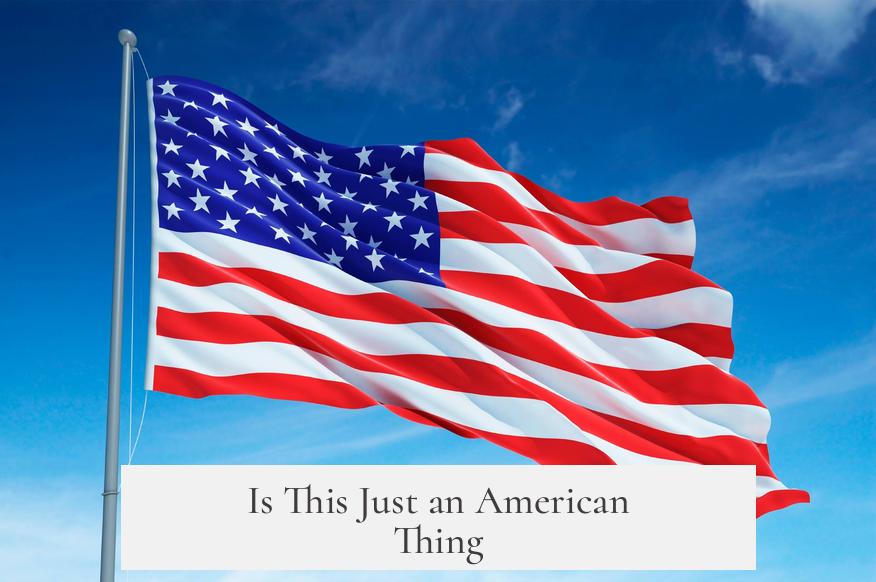
Nope. Across the English-speaking world, “Hurrah” and “Hooray” gained traction, while “Huzzah” became more of a historical curiosity. Such changes reflect broader shifts in pronunciation trends, spelling standardization, and cultural identity. Americans favored Webster’s reforms partly as a way to establish their own distinct linguistic identity apart from British English. Therefore, the cheer evolved with cultural pride—a subtle but meaningful emblem of a new nation’s voice.
Practical Takeaway: What This Teaches Us About Language and Culture
- Language evolves gradually: Don’t expect sudden shifts. Words change with people and history.
- Generations matter: Older forms hang on as long as their speakers do.
- Dictionaries influence norms: They guide spelling and pronunciation, especially in formal education.
- Social change impacts language: Times of upheaval accelerate the adoption of new expressions.
So, next time you cheer “Hooray!” remember you’re part of a centuries-long story of sound shifts, cultural assertion, and the power of words to unite and celebrate. Would saying “Huzzah!” spice up a birthday party today? Maybe. But language, like parties, adapts to the crowd. And the crowd’s definitely saying “Hooray!”
In a nutshell:
We Americans switched from “Huzzah” to “Hooray” because the original cheer—pronounced “Huzzay”—naturally drifted toward simpler “r” sounds, popularized around the Civil War. Dictionaries like Webster’s cemented this change by standardizing spelling and pronunciation, while generational turnover phased out the old ways. No single event flipped the switch; it was a chill, collective roar that caught on over decades—and that’s why “Hooray” is our celebratory word today.
